Building a Resilient Future for Farmers
At Amrita Bhoomi, we run a range of initiatives to empower farmers, promote sustainable agriculture, and protect biodiversity. Our farmer-led programs focus on agroecology, seed sovereignty, climate resilience, and rural livelihoods.
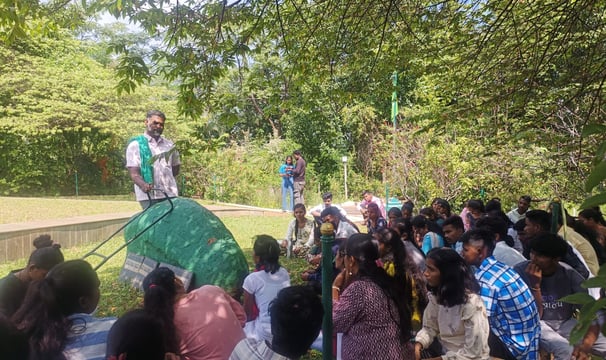

1. Farmers Training & Agroecology School
We provide hands-on training in natural farming techniques to help farmers transition from chemical-intensive farming to zero-budget natural farming (ZBNF) and organic agriculture.
Key Activities:
Farmer-to-farmer training programs
Workshops on soil health, composting, and pest management
Demonstration farms showcasing regenerative agriculture
Women’s empowerment programs in agriculture
Training in multi-cropping, agroecology, and agroforestry
Promotion of water-saving irrigation techniques
Restoration of degraded lands using sustainable methods
Research on climate-resilient crop varieties
Impact: Over 10,000 farmers trained in sustainable practices
&Improved soil fertility which lead to higher yields for small farmers
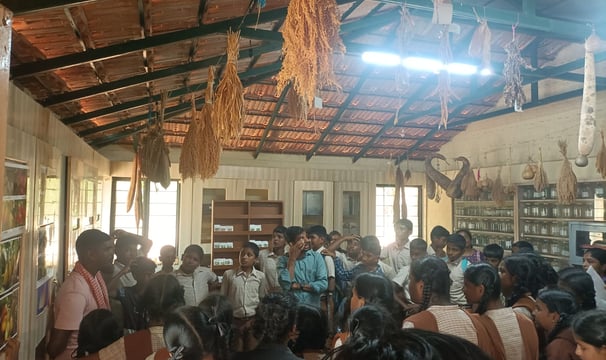

1. Farmers Training & Agroecology School
2. Seed Sovereignty & Indigenous Seed Bank
3. Farmers' Rights & Public Policies
4. Rural Livelihood & Sustainable Enterprises
5. Open Learning Academy
6.Youth Outreach Programs on Agroecology
a. Field Visits
🔹 Join guided Educational Farm Visits to explore:
✔ Agroecology principles in action
✔ Natural farming techniques used by traditional farmers
✔ Seed conservation and biodiversity protection
✔ Sustainable livelihoods and community-based models
📆 Upcoming Field Visit Dates: ( contact for inquiries)
b. Workshops on Natural Farming
🔹 Learn chemical-free, regenerative farming methods through expert-led workshops.
🔹 Topics covered:
✔ Zero Budget Natural Farming (ZBNF)
✔ Soil fertility and composting techniques
✔ Indigenous seed preservation
✔ Water conservation in farming
📆 Next Workshop: Check event page
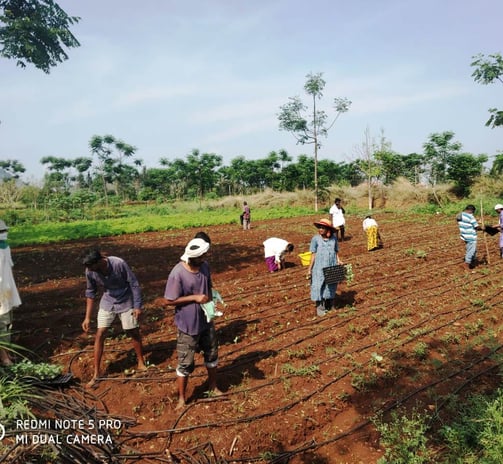


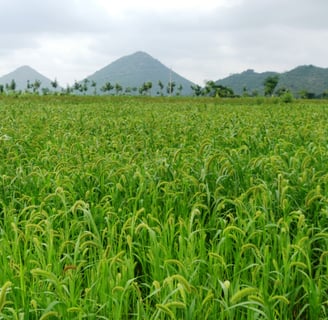
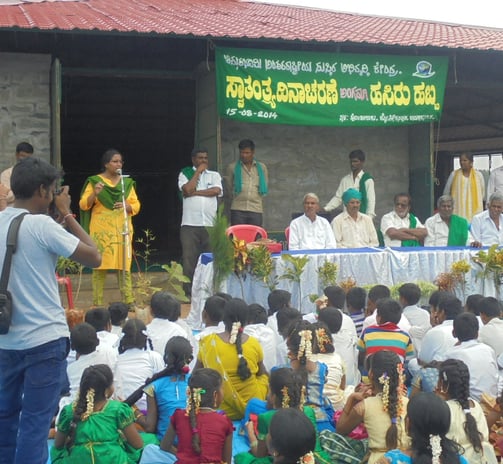

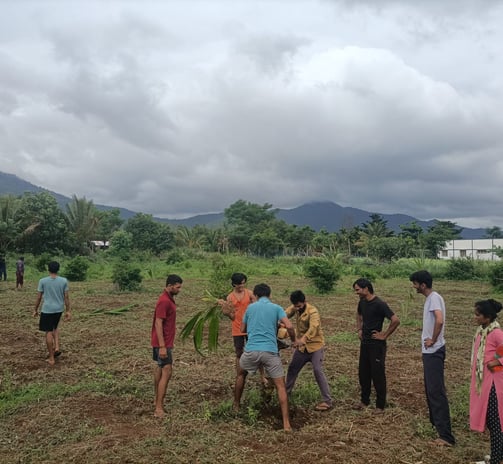

We preserve and distribute climate-resilient, traditional seed varieties to ensure farmers' independence from corporate-controlled seeds.
Key Activities:
Community seed bank with 100+ indigenous seed varieties
Farmer-led seed multiplication and distribution programs
Annual Seed Exchange Festivals
Awareness programs on the dangers of GMOs and hybrid seeds
Impact: Thousands of farmers have access to free, native seeds
2. Seed Sovereignty & Indigenous Seed Bank
3. Farmers' Rights & Public Policies
As part of La Via Campesina, we advocate for farmer-friendly policies and resist corporate control over agriculture.
Key Activities:
Legal support and advocacy for land and seed rights
Campaigns against industrial agriculture and GMOs
Farmer cooperatives and self-reliance programs
Government engagement for pro-farmer policies
Impact: Strengthened farmer movements and community resilience
4. Rural Livelihood & Sustainable Enterprises
We support alternative rural livelihoods to help farmers move away from exploitative agricultural markets.
Key Activities:
Training in value addition, organic food processing, and marketing
Promotion of local farmer cooperatives
Skill development in beekeeping, dairy, and herbal medicine
Impact: Increased income stability for small farmers
a) NAMDU the farmers' direct market: - a platform for linkages, self dignity and economic Swaraj
Namdu (meaning, Ours in Kannada language), is an effort towards building economic self reliance of the farmers, rural women and rural youth in Karnataka. By creating a platform for direct linkages between the producers and the consumers which will be instrumental in the search for organizational solutions to all the challenges posed by the current agrarian crisis. Namdu is not just another brand but an embodiment of self dignity and economic Swaraj of the rural producers. Namdu believes that building a guaranteed fair market for agroecological producers has a better chance of assisting farmers in adopting agroecology than simply training farmers with no market. Namdu has chosen to grow slowly and thoughtfully while undertaking ideological education for both consumers and producers, rather than succumbing to the pressures of rapid expansion. Namdu is unique in that it began in non-elite rural markets rather than elite urban markets and premium organic retailers. It is slowly expanding into urban markets of few pockets in Bangalore and Mysore. Namdu is now seeking to expand the production and processing of youth and landless women's collectives so that they can become part of the Namdu producers collective as well as become the supporting hands in the whole supply chain.
Concrete Programs of NAMDU:
1. Encourage and train farmers to adopt agroecological practices in 10% of their land
2. Train women in vale addition and food processing, packaging and labelling
3. Namdu organizes weekly Farmers Direct Markets in Five different places.
4. Amrita Bhoomi-Agroecological School organizes offers hands on workshops on Natural farming for the Namdu farmers.
b) Weekly Farmers Direct Market:
The Weekly Farmers Direct Market is organized every Monday in Chamarajanagar District and every Saturday and Sunday in Bangalore at four different places. Farmers market is initiated by Amrita Bhoomi by organizing a farmers collective of agroecological/natural producers in the district of Chamarajanagar which is spreading gradually to the other districts of Karnataka. Farmers Market is a platform for both the producers and consumers to meet directly and liberate themselves from the clutches of the middlemen.
c) Women managed Food Processing and Value Addition Unit:
This unit prepares by products from the agricultural raw materials. Amrita Boomi believes that farm economy is sustainable only when the by products are prepared by the farmers and sold directly to the consumers. For example when Turmeric is sold in its raw form the maximum price is 90 Rs per kg but when you convert the rhizomes to powder the price increases to 400Rs per kg. The only way to achieve self sustainability is by value adding to whatever a farmer grows and this also creates new types of employments in the rural areas.
🔗 Learn More
5. Open Learning Academy:
Open Learning Academy (OLA) is a transformative initiative by Amrita Bhoomi, International Centre for Sustainable Development, aimed at empowering India's youth through experiential learning. This one-year residential program selects students from diverse backgrounds and immerses them in agroecology, value-based education, and emerging technologies, shaping them into future leaders, innovators, and changemakers.
Main projects :
a) JEEVANA-SHALE (LIFE-SCHOOL):
Summary: A life skills residential education program integrating agroecology, sustainability, and holistic rural development for young learners.
· Organic Farming Certificate Course: 8 students completed,
· NGO Management Course: 2 students completed,
· Business Development Course: 2 students completed
· Business Development Course: 2 students completed
· TTC - Building a Better Vocabulary: 10 students completed
· TTC - Fundamentals of Photography I & II: 4 students completed
· TTC – Written communication: 8 students completed
· TTC - Boosting Your Emotional Intelligence: 3 students completed
· Video editing skills by Udemy: 4 students completed
· Climate Emergency Course by Prof. Shree Kumar: 10 students completed
b) MANDALA PROJECT: Summary: An agroecological vegetable garden promoting sustainable farming practices and organic cultivation.
c) INTERGENERATIONAL KNOWLEDGE EXCHANGE : A community engagement initiative where young volunteers teach Soliga tribal children, fostering cultural and educational exchange.
• Introducing Happiness Curriculum activities
• Established a library of 100+ Pratham books
d) INTERNSHIP: The 30-day residential internship program at Amrita Bhoomi - International Agroecology and Sustainability Centre is designed for 30 agriculture graduates seeking hands-on experience in natural farming, agroecology, and sustainable rural development. The program provides a unique blend of experiential learning, farm-based education, and skill-building workshops, equipping interns with practical knowledge essential for sustainable agriculture and rural entrepreneurship.
e) RURAL YOUTH LEADERSHIP CAMP:
Summary: A hands-on engagement program focusing on leadership training, agroecology, organic farming, and youth awareness through farm tours and interactive activities.
f) BEE-KEEPING:
Summary: A sustainable initiative to train young farmers in beekeeping practices, honey production, and pollination benefits for agroecology.
g) YOUTH FESTIVAL:
A festival focusing on sustainable farming discussions, networking with progressive farmers, interactive storytelling, leadership training, and agroecology workshops.
h) SPINNING:
Introducing traditional handloom spinning to preserve rural livelihoods and indigenous weaving techniques. The project focuses on empowering women artisans, creating a sustainable income source and promoting eco-friendly textile production.
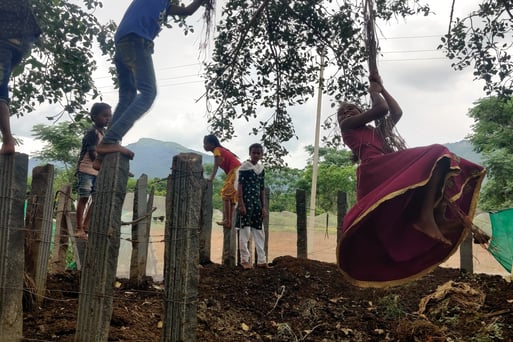

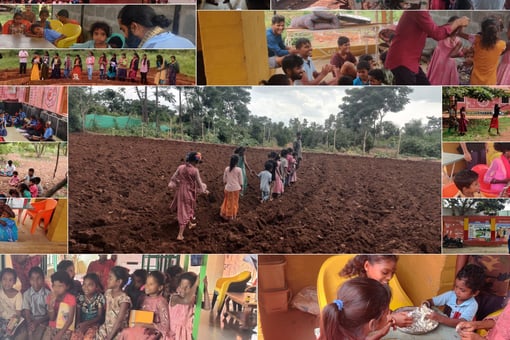

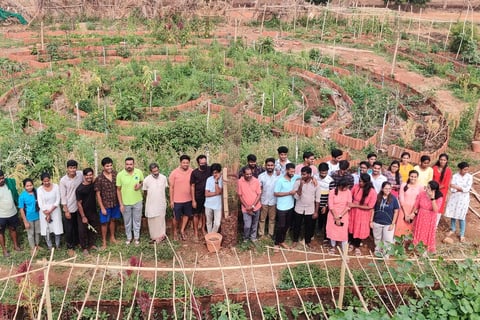

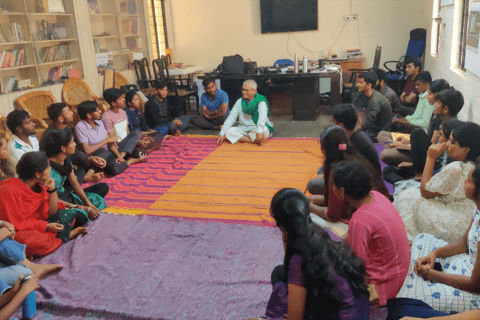

6. Youth Outreach Programs on Agroecology
a. Internship for Agriculture Graduate Students:
🔹 A hands-on learning experience for agriculture students passionate about natural farming and agroecology.
🔹 Learn from experienced farmers, scientists, and agroecology practitioners.
🔹 Work on live farm projects, indigenous seed conservation, and sustainable agriculture models.
🔹 Duration: 1-6 months
b. NSS Camp (National Service Scheme)
🔹 A week-long community service camp in partnership with the National Service Scheme (NSS).
🔹 Engage in rural development activities, afforestation, waste management, and skill-building programs.
🔹 Work alongside local communities and tribal groups for meaningful impact.
📆
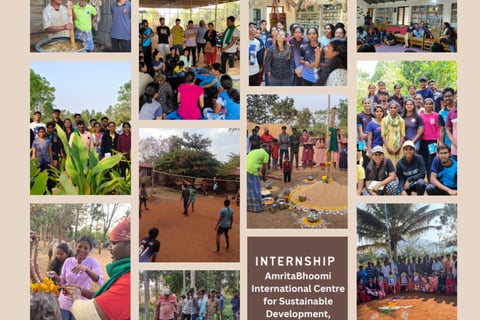



Our Programs
Explore our diverse Projects focused on agroecology, where peasant youth interns learn sustainable practices alongside expert farmers in a collaborative environment.
Location
Amrita Bhoomi Campus
Hours
9 AM - 5 PM
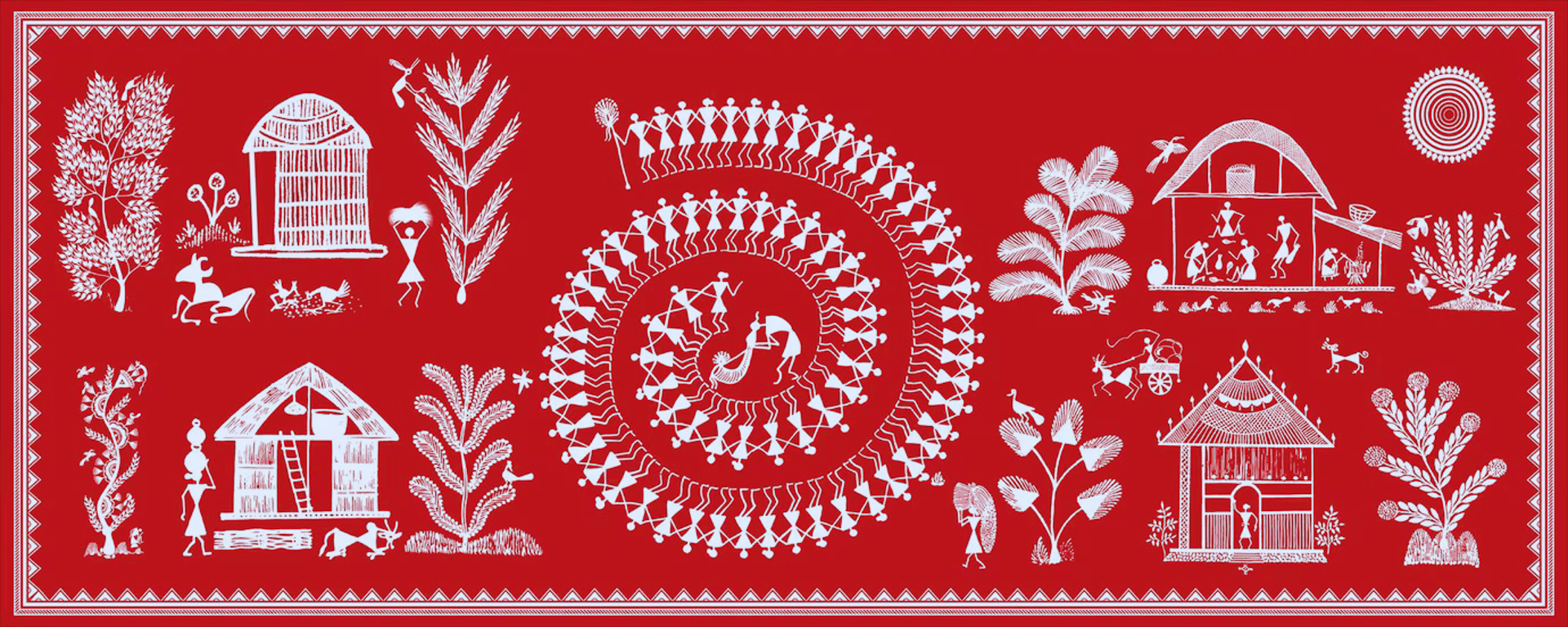
Join Us in Creating a Farmer-Led Future
Empowering youth through sustainable farming practices.
CONTACT
abhoomi@amritabhoomi.com
+91-6362857746
© 2025. All rights reserved.
